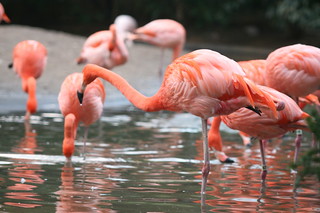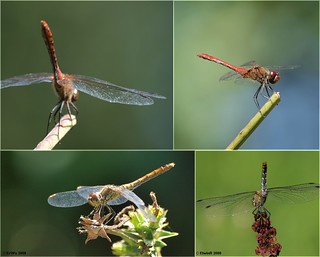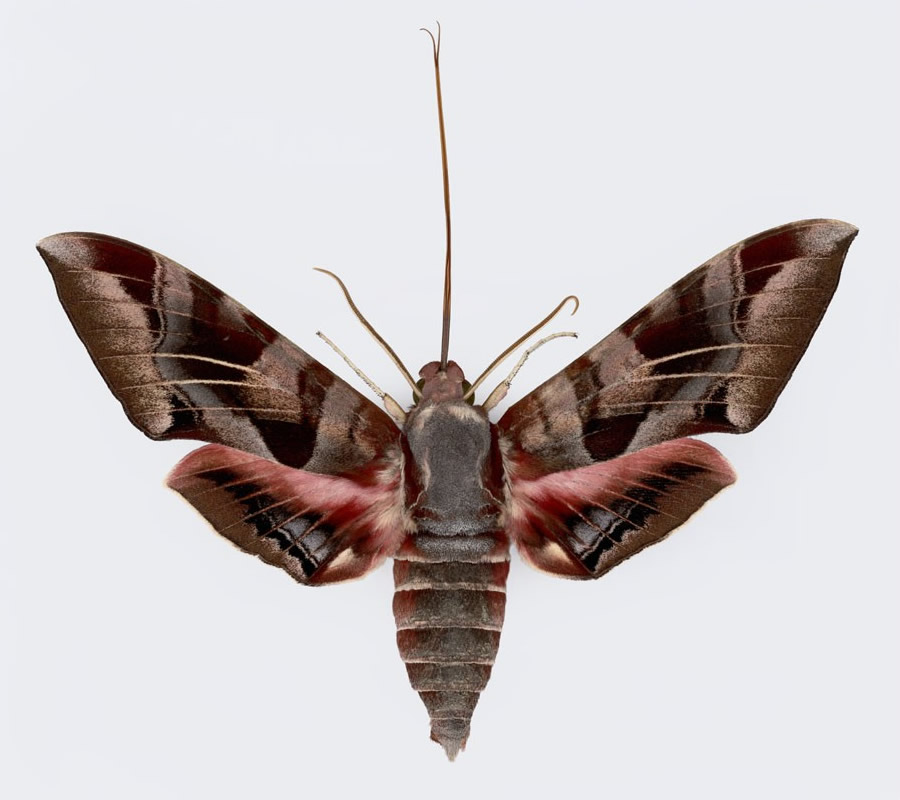

Images: cliff1066 (flamingo) and Er. We (dragonfly) / flickr.com
How do I come up with a hypothesis about how my species will respond to climate change? How can I find information to support my hypothesis about whether my species will adapt, acclimate, or move?
First, learn everything you can about the natural history of your species. This includes information about their diet, reproduction, lifespan, geographic range, and more. This type of information can often be found in books or encyclopedias. Then, use an academic database like Web of Science to see what sort of research has been conducted on your species, similar species (such as in the same genus), or species with similar interactions with their environments. Use the following tutorial to help you come up with keywords to use in a web or library search. When in doubt, try something - you might be surprised with what you come up with.
Then, do some research into how climate is changing in your species' geographic range. What changes in temperature and precipitation are expected? Are there other important climate variables which might affect your species, given how your species interacts with its environment?
Finally, do some research into what factors affect how a species of any kind responds to climate change. What traits make it likely that a species can shift its range, adapt, or acclimate to a changed climate? Think back to the research you did on your species. Does it have any of these traits? What does that mean for how your species will respond to climate change?
Here is an example of you might start looking for information on your species:

Image from USDA USDA Forest Service
Hawk moth (Eumorpha typhon)
The first step in choosing keywords is to think about what information you need to search for. This seems obvious, and to a certain extent you are probably already doing it. But a more systematic approach will reward you.
Break the search down into the key concepts:

Too Many Results?
Too Few Results?
University of Toronto Libraries
130 St. George St.,Toronto, ON, M5S 1A5
libraryhelp@utoronto.ca
416-978-8450
Map
About web accessibility. Tell us about a web accessibility problem.
About online privacy and data collection.
© University of Toronto. All rights reserved. Terms and conditions.
